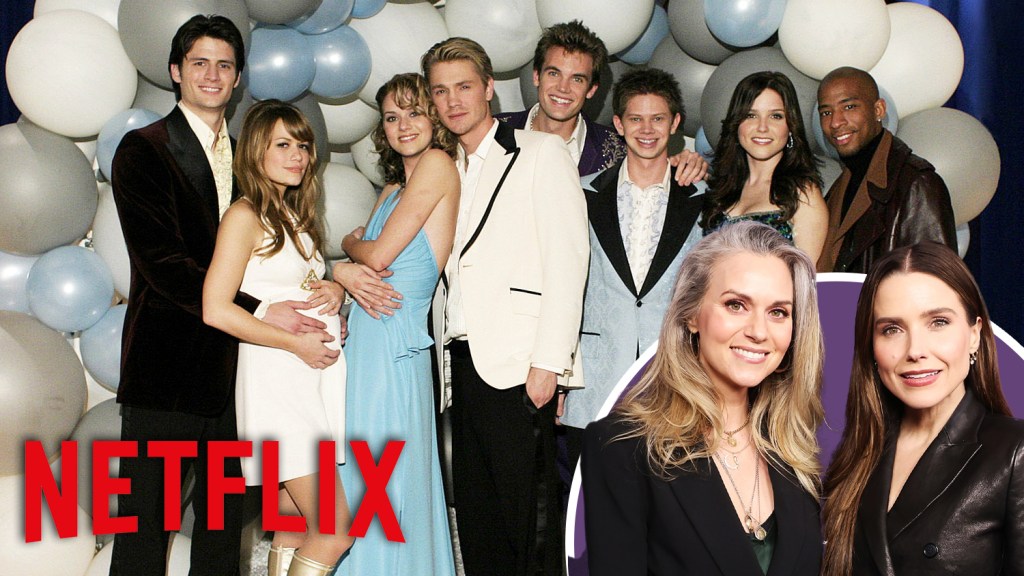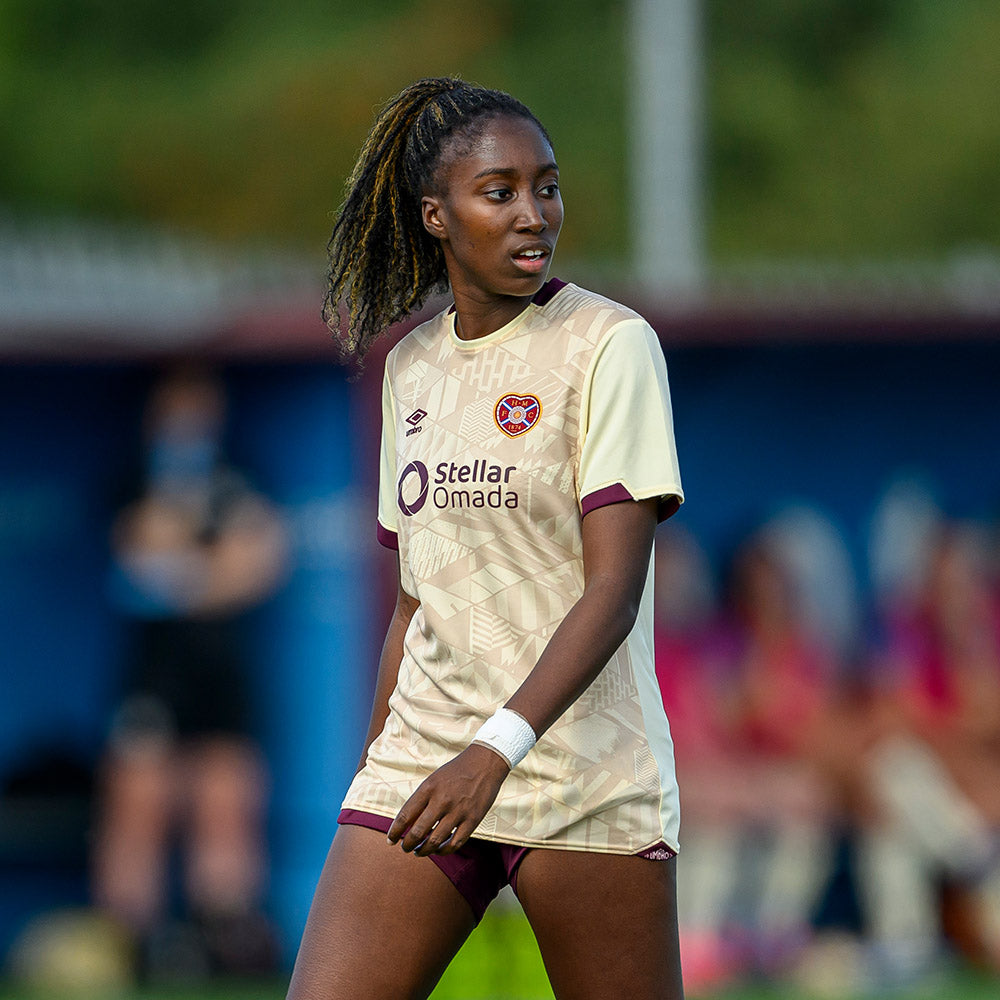From Basketball Courts to Paralympic Glory: Jonathan Broom-Edwards' Inspiring Journey

Paralympic high jump champion Jonathan Broom-Edwards' path to sporting greatness was paved with unexpected twists, with basketball playing a surprisingly significant role. The 36-year-old, set to defend his Paralympic title in Paris this month, wasn't always focused on leaping over bars.
Growing up in Loughborough, Broom-Edwards spent countless hours honing his skills on the basketball court, developing a powerful leap that would later prove invaluable in athletics. However, the sport offered him much more than just physical prowess. The court became a sanctuary where he could blend seamlessly, his talipes equinovarus condition â a foot deformity â remaining hidden from his teammates and opponents until university.
"As a kid, I was self-conscious about my impairment," Broom-Edwards shared. "My left leg was noticeably thinner and it only became more pronounced with time. Basketball was a blessing, though, as the boots came up high, and the shorts were baggy. It was like my condition was concealed in plain sight."
While he no longer harbours any anxieties about his leg, Broom-Edwards acknowledges the impact it had on his childhood. "I managed to keep it under wraps until university. No one knew about my condition because I was playing able-bodied basketball. It wasn't until a photograph captured my thin lower leg that people started to notice."
A brief departure from the basketball court marked a turning point in Broom-Edwards' sporting career. He ventured into high jump, putting his powerful leap to even better use. Despite his natural talent, adapting to the demands of a new sport was a challenging process. However, his competitive spirit, honed during years of playing against able-bodied athletes, proved invaluable.
He added, "I've always competed against able-bodied athletes, which has instilled in me a relentless drive to excel. My coaches have always pushed me to give my all. It hasn't been easy on my ego though, as there are times when my impairment prevents me from winning."
Broom-Edwards' unconventional athletic background posed unique challenges for his coaches. "I came to high jump with no specific training. All I knew was how to jump in basketball, sprint, and change direction. Adjusting my body to move in a particular way was initially a real struggle. Thankfully, I've never had a coach who coddled my foot. It's always been about maximising my potential, regardless of the limitations."
Broom-Edwards is part of UK Sport's National Lottery-funded World Class Programme, which provides elite athletes like him with the resources to train full-time, access world-class coaching, and benefit from cutting-edge medical support â all crucial factors in his journey.
His current coaching setup is a unique hybrid, with coach Beth Partridge based in Qatar and Deidre Elmhirst joining the team in the UK. While navigating the balance of his support system requires careful orchestration, Broom-Edwards is confident his team is perfectly poised to help him secure his third Paralympic medal in Paris.
"In basketball, coaches focused on improving my speed and helping the team. High jump is entirely different. It's a solo endeavour, and the team exists to help the individual perform at their best. Communication is key. My current setup, with Deidre, Beth, and my previous coach, Graham Ravenscroft, fosters excellent communication," he explained.
"I get the push I need when required, but also the supportive conversations to help me bounce back when things don't go my way. Sometimes, you have bad training sessions, and you need encouragement, while other times you need a kick up the backside to push yourself further. The balance I've found in recent years has been instrumental in my success and consistency.
"Sport isn't everything for me. I have a lot of other interests outside of it. Finding that balance between home life, financial support, and keeping my mind engaged beyond sport is important. There are times when things aren't going well in sport, and I need a distraction.
"The funding from The National Lottery is a massive help. It allows me to focus on my sport without financial worries. I can create the right environment outside of sport to fuel my athletic pursuits. It's been invaluable to my career."
National Lottery players contribute over £30 million a week to Good Causes, including vital funding for elite and grassroots sport. They empower our Olympic and Paralympic athletes to chase their dreams and make the nation proud, while also providing opportunities for everyone to participate in sport.
To learn more, visit: www.lotterygoodcauses.org.uk





